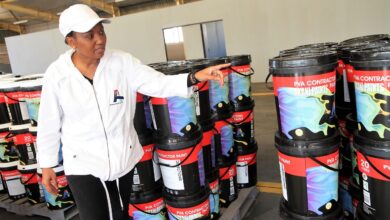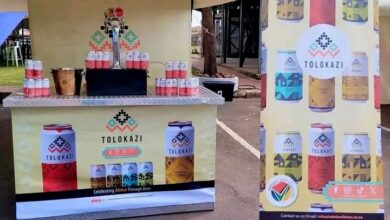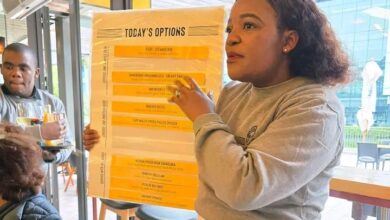Coca‑Cola Assists In Securing South Africa’s Water Future
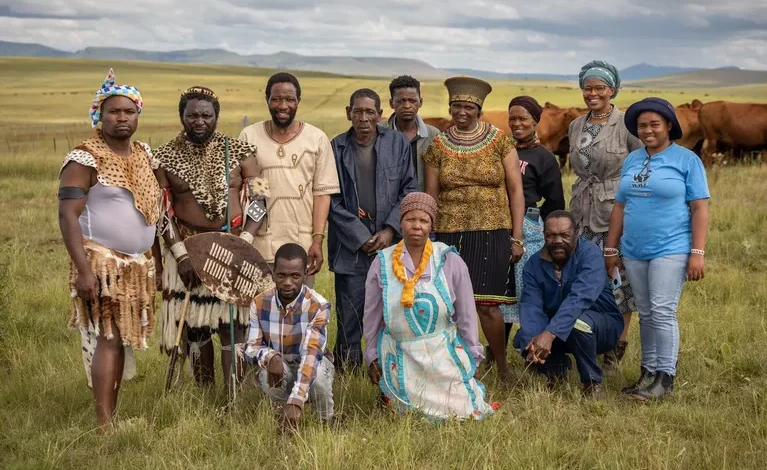
Coca‑Cola Assists In Securing South Africa’s Water Future. Every year since 1993, World Water Day is celebrated to raise awareness and inspire action to tackle the global water and sanitation crisis. This year, Coca‑Cola in South Africa joins the United Nations to commemorate World Water Day in recognition of the reality that 2.2 billion people are currently living without access to safe water.
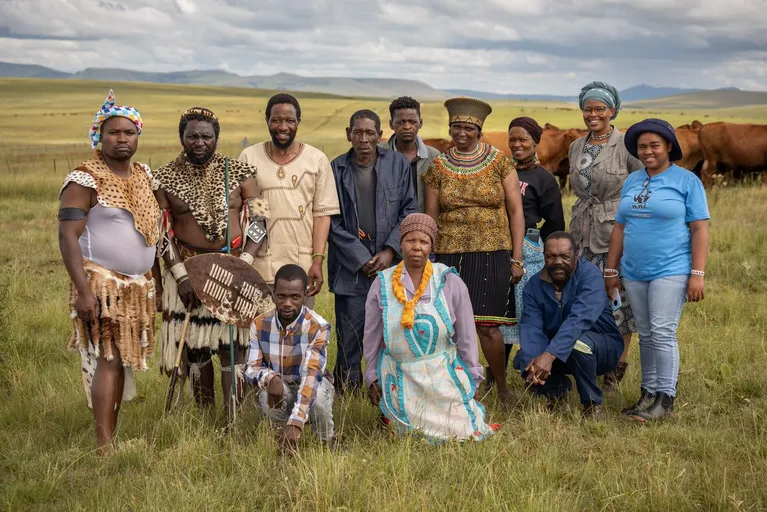
In 2022, Coca‑Cola Africa launched JAMII, the company’s Africa-focused sustainability platform. Through JAMII, Coca‑Cola aims to help improve access to safe water and to protect our natural water resources by forming meaningful partnerships between government, the private sectors, NGOs, and local communities. “Water is essential to every person and every ecosystem in the world. It is also essential to the products we make and the agricultural ingredients we use,” says Babongile Mandela, Public Affairs, Communications and Sustainability Director at Coca‑Cola Africa, South Africa. “It is for these reasons that Coca‑Cola’s 2030 Water Security Strategy aims to replenish 100% of all the water we use in our beverages by 2030.”
The Coca‑Cola Foundation launched four new projects in 2022 that support water replenishment in strategic areas that are supplying South Africa’s water systems. Over time, ‘thirsty’ invasive plant species and poor land management practices have negatively impacted the natural ecosystem and processes, reducing the freshwater supply. So far, The Coca‑Cola Foundation has committed $989,571 in grant funding to return precious litres to nature by rehabilitating degraded landscapes, removing invasive alien plants, and supporting local communities to improve their land management practices. Previously through the Replenish Africa Initiative ‘RAIN’, The Coca‑Cola Foundation invested USD 65 million in improving the lives of six million Africans – providing access to clean water and sanitation, productive use of water, and watershed protection in more than 4,000 communities across 41 countries.
Since the projects began, the teams collectively rehabilitated and improved land management practices across more than 11,500ha. The rehabilitation activities range from reducing soil erosion on mountain slopes, to improving grazing practices, to cutting down invasive alien plants. The activities are tailored to the local context and circumstances of the landscape. The projects have provided more than 155 jobs, including 82 women and 35 youth. In addition to employment, these beneficiaries also receive skills training that will be used when providing for the natural landscape, as well as improve their future employability in the green economy.
Each of the four projects mentioned above is unique and deserves its own spotlight. To that end, the first partnership is with the World Wildlife Fund for Nature (WWF) South Africa in the Enkangala Drakensberg of Mpumalanga. This project supports the Integrated Vaal River System serving Gauteng by investing in improved land management upstream and will expand the existing protected area network in the Enkangala Drakensberg Strategic Water Source Area by 25,00ha. This will be accompanied by improved land management practices across 12,000ha in collaboration with two local community property associations (CPA) in Wakkerstroom and Donkerhoek. The WWF work with CPAs in Southern Mpumalanga on a restoration project with the emphasis on water replenishment and skills development through fire management, rangeland management and job creation through the removal of alien invasive plants as well as protected area expansion.
Mr Siphiwe Mnisi of Bambanani CPA is one such beneficiary. Mr Mnisi focused on a fire management project that provided him and his community with accredited training and equipment. “For many years I had sleepless nights, especially during the dry wintertime, as I live amongst grasslands. Random veld fires would threaten our livestock, veld for grazing and our homestead,” he says. Mr Mnisi adds that the training that he and his selected community members received, which included responsible farming practices, has been an eye-opener. “People are now organising their livestock according to the instructions from the training. Rotational grazing is being implemented, giving some camps time to rest. Older men are starting to understand that they can sell their livestock to put food on the table not to always keep animals until they are very old if they will not be used.”


